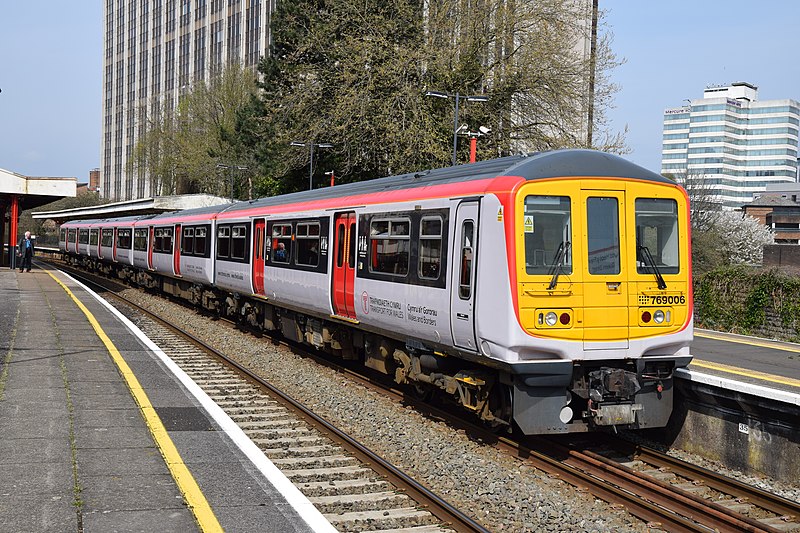
According to Professor Stuart Cole, an esteemed transport specialist at the University of South Wales, the Welsh government has erred in its prioritization of public transport initiatives.
He asserts that a focus on improving bus and train services should have preceded the decision to reduce speed limits from 30mph to 20mph on numerous Welsh roads.
Expressing his views, Prof Cole highlighted the necessity for substantial enhancements in public transport infrastructure before implementing legislation perceived as anti-motorist. He advocated for a synchronized improvement in bus and rail services, emphasizing the necessity for a unified travel card system.
While acknowledging the value of the Welsh government's efforts, Prof Cole suggested that their approach seemed to have been executed in reverse. He pointed out the success of the Netherlands, where substantial investments in trains and buses have effectively encouraged motorists to opt for public transport. Drawing parallels, he proposed the adoption of a similar "rover" travel card system in Wales, possibly building upon the existing over 60s bus pass scheme.
In his vision, this travel card would operate akin to London's Transport scheme, potentially including digital accessibility through mobile devices. Prof Cole emphasized the importance of integrated timetables, enabling seamless connectivity between bus and railway services, citing the disjointedness observed in places like Llanelli, where buses and trains are not efficiently linked.
Criticism of the current system extends beyond academic circles. The Welsh Conservatives echo the call for a national rover card, advocating for fare caps similar to those in Manchester to enhance accessibility and affordability. However, challenges persist, with funding issues resulting in the termination of significant services like the Bwcabus scheme in West Wales.
Plaid Cymru's transport spokeswoman, Delyth Jewell MS, proposed the reinstatement of services like Bwcabus, contingent on full transport policy devolution in Wales and the establishment of a fairer funding system.
In response, the Welsh government acknowledged engaging with public transport representatives during the formulation of the 20mph policy. While recognizing adverse impacts reported by the bus industry post-implementation, they committed to addressing concerns by collaborating with stakeholders and analyzing collected data.
Acknowledging the complexity and inconsistency in current transport arrangements across Wales, the government cited financial constraints as a hurdle in realizing comprehensive improvements. Despite the challenging funding situation, they expressed eagerness to progress initiatives aimed at simplifying fare systems and enhancing accessibility once funding positions improve. Photo by Hugh Llewelyn from Keynsham, UK, Wikimedia commons.



































